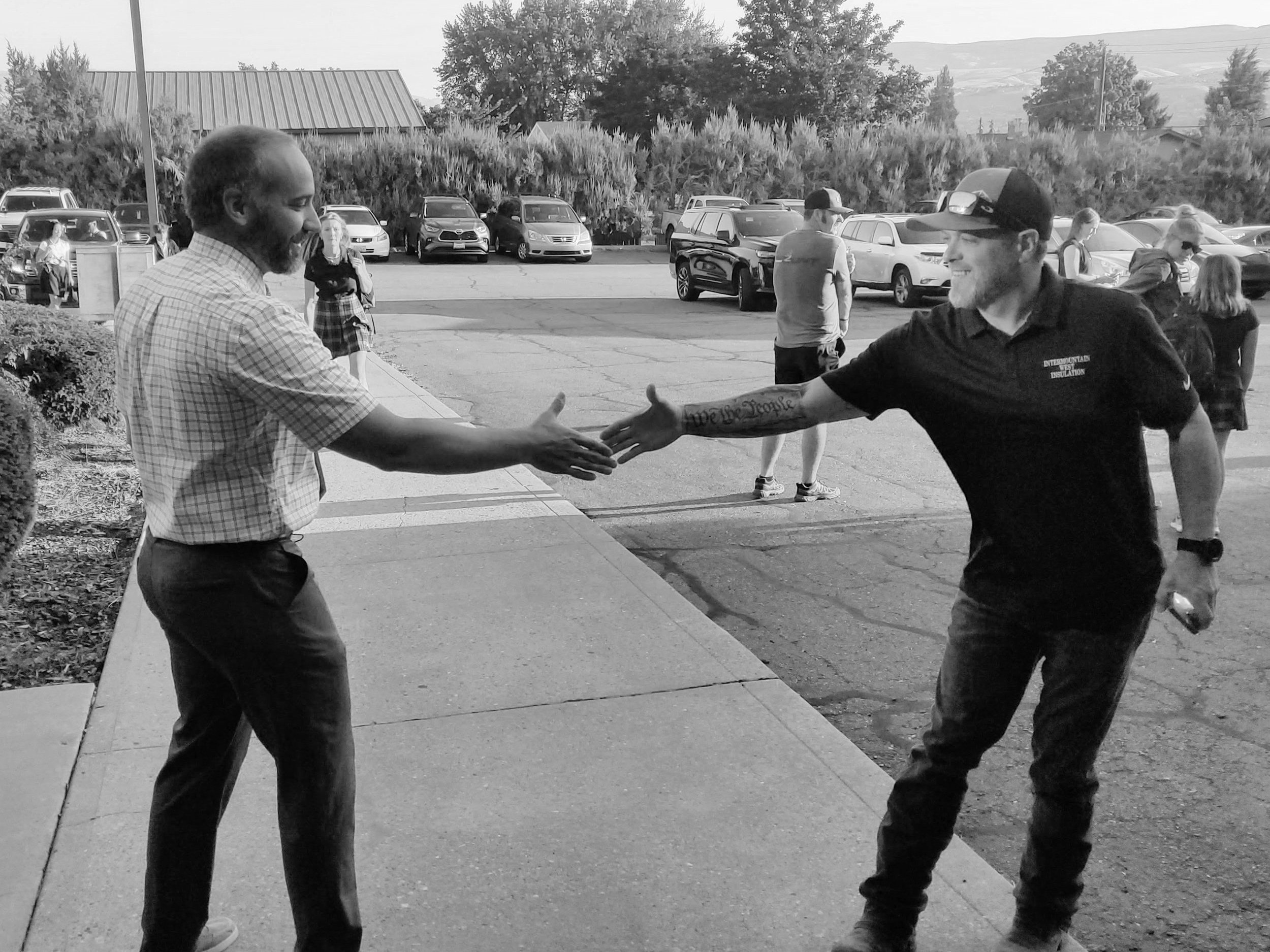Looming at end of The River Academy education, fearfully whispered about with solemn voices, is the Senior Thesis Project. For more than half the school, the Thesis Project is far in the distance, nothing more than the clouded peak of a high, lonely mountain, far in the distance. It’s something that we don’t need to deal with yet, for it’s five, ten, or even twelve years away. That’s for our future selves to worry about. Out of sight, out of mind.
Not exactly.
While to an extent this is true, and even though the process actually gets under way in the Upper School (10th-12th), it’s also something for which our teachers at TRA begin sowing many seeds in the good, fertile soil that are the minds of our students, regardless of age. The Thesis Project is, ultimately, the culmination of our students years at The River Academy, bringing together everything that they have worked so hard to learn, to understand, to achieve. It represents a synthesis of worldview (all years, in all subjects), grammar (1st-6th grade, all subjects), rhetoric (10th-11th grade), logic (8th-12th grade), the humanities (all years), and yes, the sciences (all years).
Yet, despite the prevalent, pervasive nature of the Senior Thesis Project, for which we have lovingly and purposefully prepared our students for years, there is a fear of that project. That fear, comes from the unknown. Many people, longtime school families, do not understand what the Thesis Project is. We have only “fear itself” to fear, however. Let me attempt to clarify this fearful unknown.
A thesis is a claim that can be proven, an argument. This is something that we try to instill in our students. Our essays must be written with thesis statements driving them. This is to be a thesis paper, in which you propose a thesis—an argument for or against something, looking at the significance of it, and stating a resolution—and then you must support it using research-based evidence.
The Senior Thesis Project is a twenty page thesis-driven (meaning, argument-driven), research-supported essay. In the last week of the Junior year, students will pick a historical, social, economical, governmental, scientific, biblical, rhetorical, or literary topic to research. This will cover the modern era and must be relevant to the current day: any topic that they have the desire and interest to explore further and argue more in-depth. For example, they can choose a person who significantly impacted the world (but not a biography), a religion or worldview that has developed, a battle or war, a technological advancement, a theory of philosophy or government and its effects, or myriad other topics–but know that these are not reports.
This must be a topic about which they could argue from a biblical worldview. That means it cannot contain research alone. They must use that research to argue a point–their topics must inherently contain a debate. They must apply a biblical worldview, taking it further than simply agreeing or disagreeing with a subject. As with any thesis-driven essay, they must point toward something significant. We ask the students what they want to say to the school before they leave.
While all this sounds daunting, the process of this thesis makes it utterly accomplishable. While it is certainly a mountain for our senior to climb, they do not make the ascent alone, nor do they attempt the climb in one go. By the end of this project, they’ll have written two previous theses (Sophomore and Junior), so the process is wholly doable. Each aspect of the Thesis Process is broken down into its parts (note-taking, outlining, bibliography, drafting, revising) over a six-month period. Following the final, perfected revision, these seniors on the verge of graduation will stand before a panel of their teachers and an audience of their peers to deliver a speech based upon their papers. At this point, our seniors will have accomplished something truly remarkable, something that few young men and women in their position have–or can–accomplish.
If our goal at The River Academy is to train the next generation of Christian leaders, this is one of the means by which we hope to assess this. Can they think well? Can they argue well? Can they empathize well? Can they communicate effectively? By the end of their years at The River Academy, they can, with the grace of God and their own hard work.





